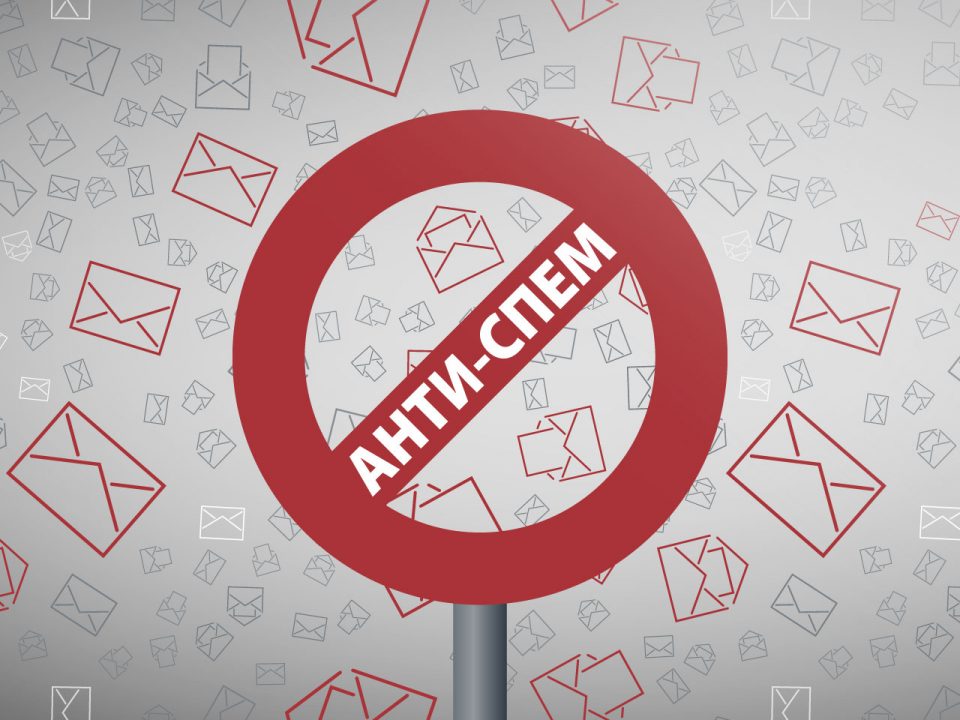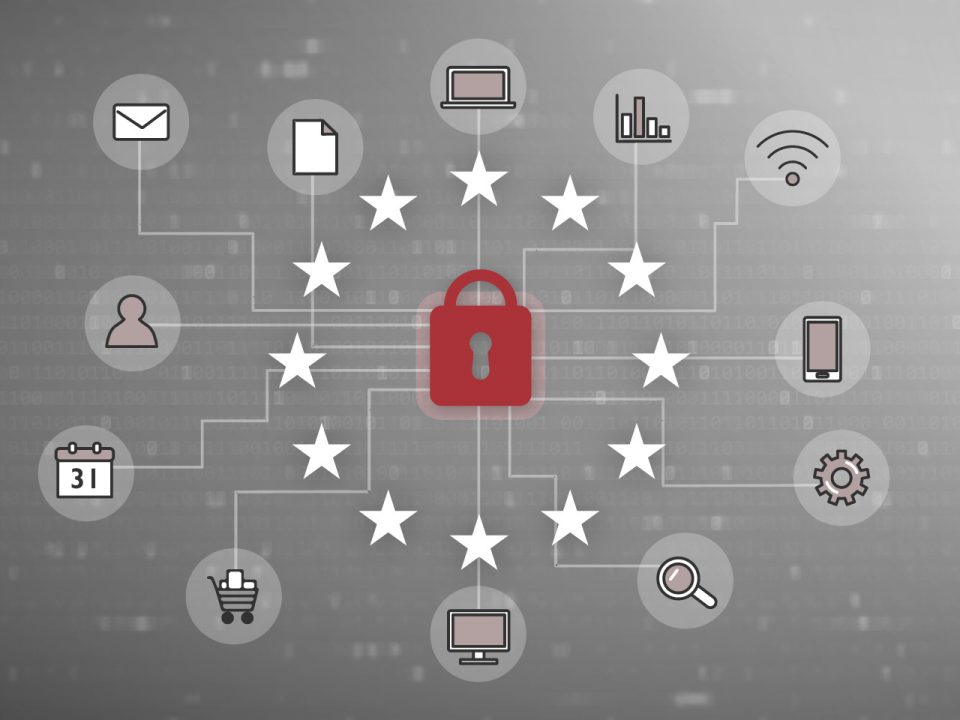Share Licensing, Don’t Give Away Assets for Free

In one of our previous blogs, we wrote about what is a copyrighted work, and that our right does not provide an obligation to register a copyrighted work, which means that the author enjoys legal protection from the moment the copyrighted work is created by law.
So, based on the very fact of the creation of the work, the author can invoke his copyright and no procedures such as registration of the work and the like need to be performed.
On the other hand, certain intellectual property rights such as a patent, design or trademark must go through a certain formal registration procedure.
Protect your rights
If someone infringes your copyright, trademark, patent, design or other intellectual property right, you will have a legal basis to claim that person to pay you compensation for the unauthorized use of your work, and to compensate you for the financial loss you have suffered as a result of the unauthorized use of your intellectual property, including lost profits.
Such protection of intellectual property rights is exercised in civil proceedings, however, in addition to civil legal protection, the holder of intellectual property rights also enjoys criminal legal protection.
Thus, for example, the Criminal Law provides for the criminal offense of “infringement of the moral rights of authors and interpreters” and, as well as the criminal offense of “unauthorized use of someone else’s copyright work”, and imprisonment for perpetrators.
Make a profit by licensing
Unlike the aforementioned instances of unauthorized use of someone else’s intellectual property, the use of your intellectual property by others may be good for you, that is, you may benefit from it.
One way to get financial benefit from using your copyrighted work is to give another person a license to use your copyrighted work.
Also, if you have registered a trademark, design or any other copyright, patent, you can license all these rights.
Share by license, what is a license
Granting a license is granting permission to another person to exploit your protected intellectual property right.
There are several types of licensing: patent licenses, industrial design, trademark, copyright, know-how, franchising.
Licensing is also an effective way to ensure the legal protection of your intellectual property and can also be used as an evidence in proceedings against a person who fails to fulfill his obligations under a license agreement or uses your work without permission.
Do i need to register a license?
Registration of a license agreement is optional. However, the registration of a license is advised for the protection of the contracting parties as well as for the effect on third parties.
Advice
Intellectual property infringements happen on a daily basis, and preventative measures need to be taken to protect your rights and prevent losses.
Also, if you want to reap the benefits of your intellectual property, consider licensing.
In doing so, keep in mind that negotiating and drafting a license agreement is a very complex job that requires expert knowledge. Therefore, we advise you to hire experts until you make mistakes.


